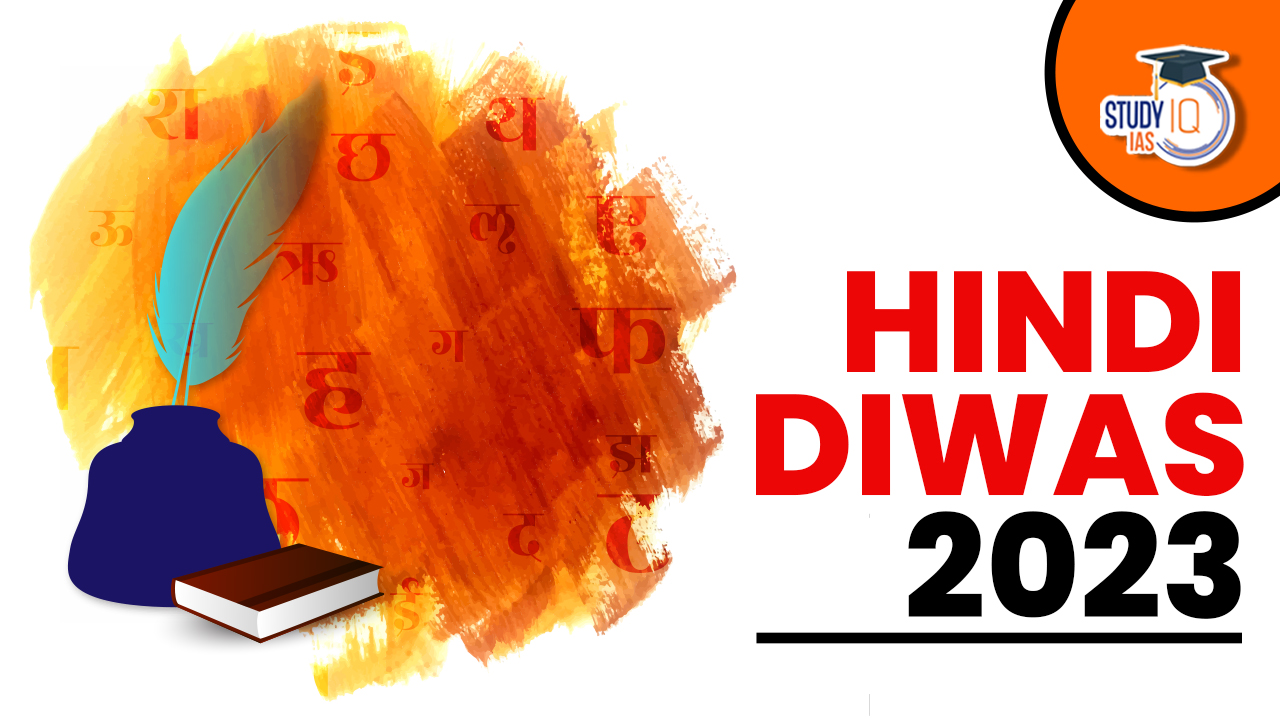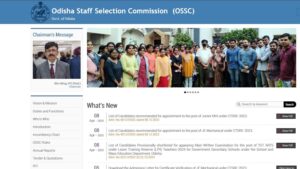Table of Contents
Hindi Day (हिन्दी दिवस)
On September 14, 2023, Hindi Diwas will be observed to raise awareness of the significance of Hindi in the nation. One of the oldest languages, Hindi borrows a lot of its academic vocabulary from Sanskrit, which is written in the Devanagari script.
Hindi Diwas 2023
On September 14, Hindi Duiwas is observed at schools, colleges, workplaces, and other organisations to highlight the significance of the day and the language. The day honours the occasion when Hindi became one of India’s official languages.
On September 14, 1949, the Indian Constituent Assembly declared Hindi to be the national language of India. One of the two official languages of the Union Government is Hindi, which is written in Devanagri script. The other language is English. It is one of the 22 official languages of the Indian Republic.
Hindi Day and Its Significance
The goal of National Hindi Day is to increase Hindi usage across the nation. The language is promoted through a variety of activities. On this day, the President of the nation also honours individuals who have made significant contributions to the Hindi language and literature. The reason why the holiday is observed on September 14 is because the Constituent Assembly formally proclaimed Hindi as India’s national language on that day in 1949. In addition, Rajendra Simha, who devoted his life to promoting Hindi as India’s official language, was born on September 14.
Hindi Language History
The Indo-Aryan branch of the Indo-European language family is where Hindi’s history originates. The Hindi language was flavoured by the Mughals and Persians. We are all aware that India is home to many different languages and dialects. The language was the main issue the nation faced after gaining independence. The Indian Constituent Assembly was chosen on December 6th, 1946, to design the Indian Constitution. The Constituent Assembly approved the Constitution’s final draught on November 26, 1949, and it went into effect nationwide on January 26, 1950.
In addition to India, many other nations, including Nepal, Guyana, Trinidad & Tobago, Suriname, Fiji, and Mauritius, also speak Hindi.
Hindi Diwas and Constitutional Provision
Of the 22 Indian languages that are officially recognised, Hindi is the eighth schedule language. ‘Directive for development of the Hindi language’ is covered by Article 351. Articles 343 to 351 of Part XVII of the Constitution deal with the official language.
Difference between World Hindi Day and Hindi Day
Hindi Day, observed on September 14 to mark the adoption of Hindi as India’s national language, is frequently confused with Vishwa Hindi Diwas. The differences between the two days are as follows-
| Hindi Day | World Hindi Day |
| It is celebrated on 14th September. | It is celebrated on 10th January. |
| This day is celebrated every year on 14th September | This day is also celebrated once every year. |
| Commemorates the designation of Hindi as one of the official languages of India. | It celebrates the inauguration of the first World Hindi Conference. |


 Daily Quiz 18 April 2025
Daily Quiz 18 April 2025
 OSSC CGL Syllabus 2025 and Exam Pattern ...
OSSC CGL Syllabus 2025 and Exam Pattern ...
 AI and its Regulation in India, Limitati...
AI and its Regulation in India, Limitati...





















